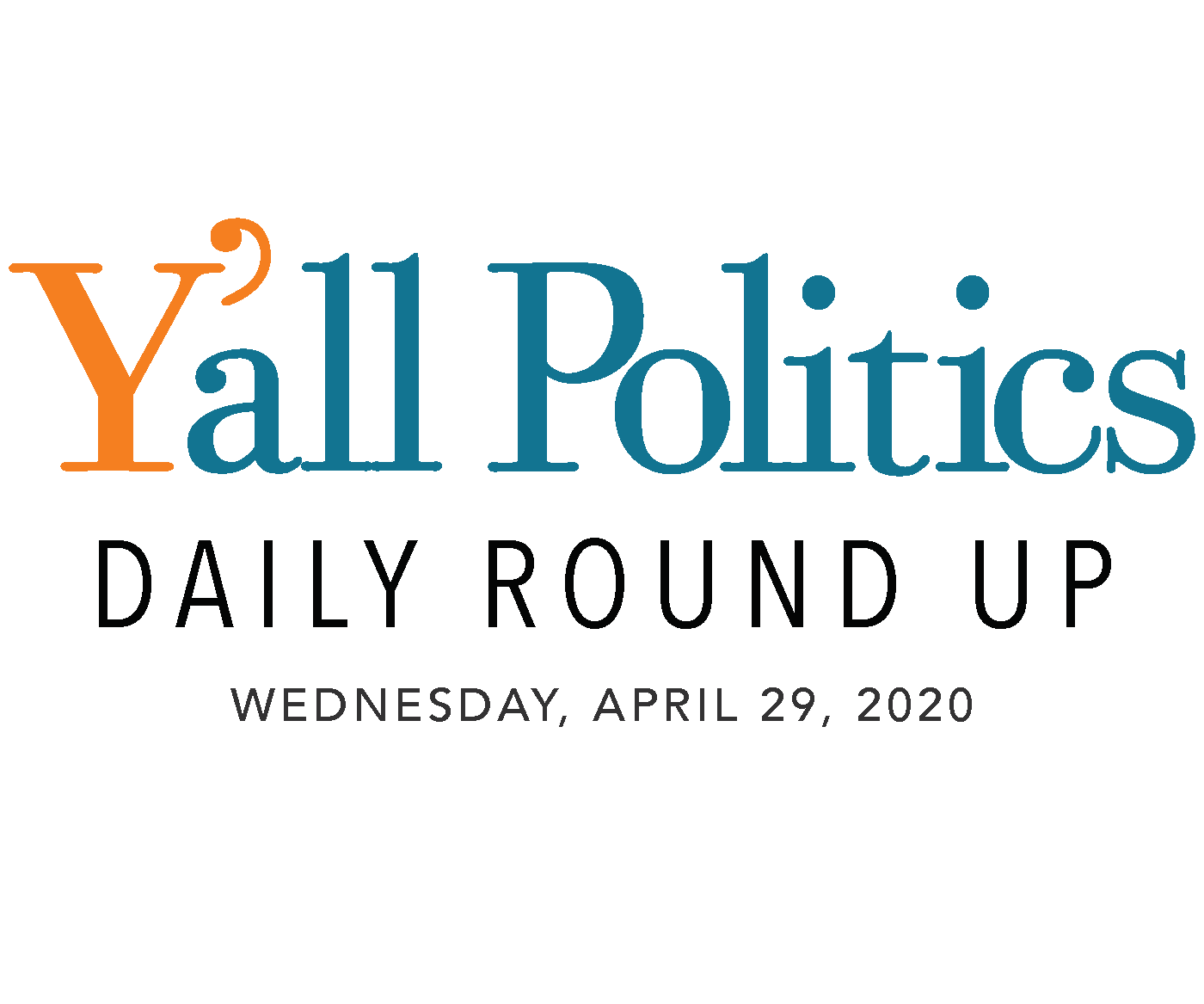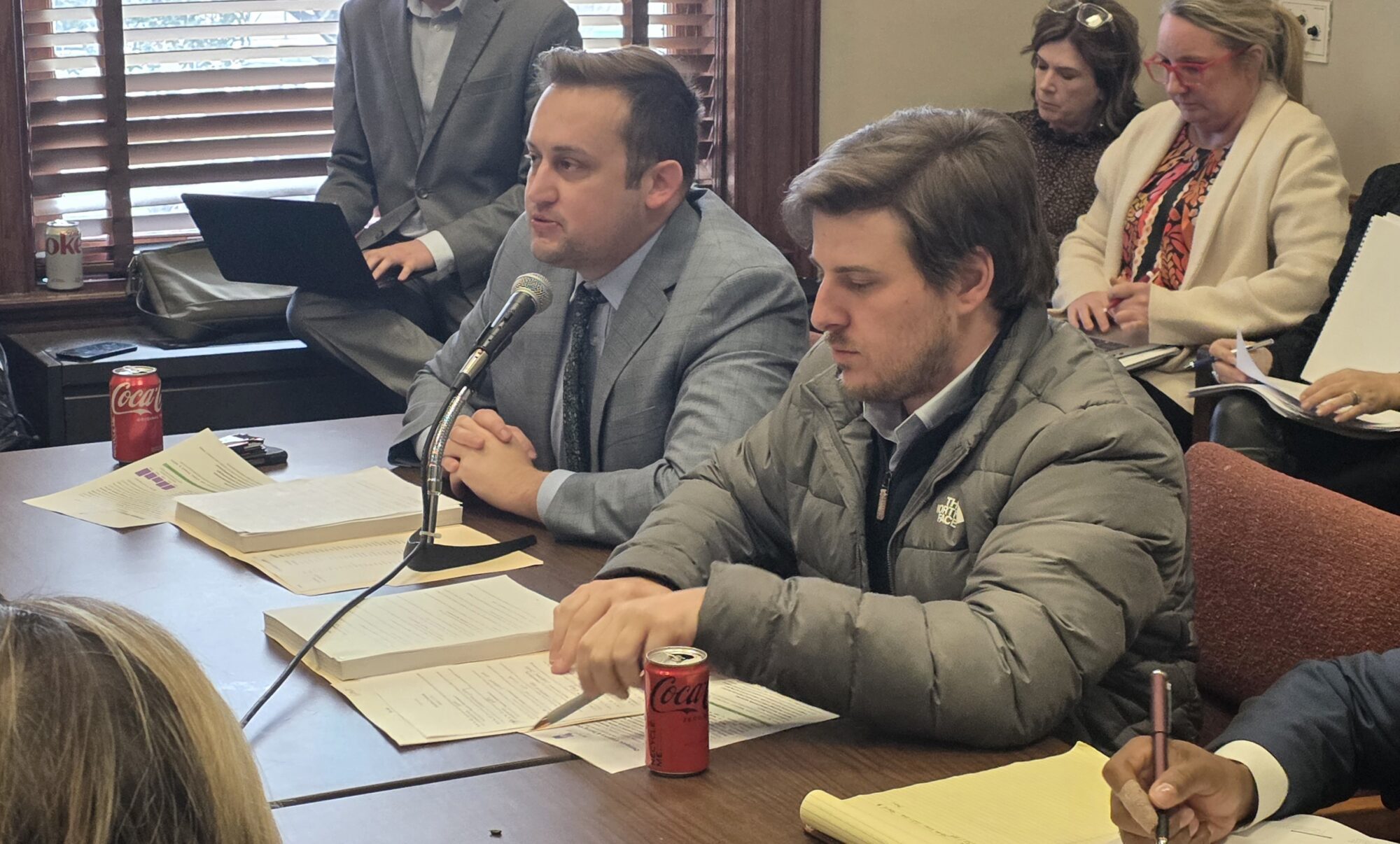
Studio portrait of Sid Salter. (photo by Beth Wynn / © Mississippi State University)
By: Sid Salter
Less than a year ago, Democratic New Jersey congressman vented his contempt for so-called “moocher states” like Mississippi that receive more money from the federal government than they send back to Washington in the form of taxes.
Last week, Democratic New York Gov. Andrew Cuomo sang another verse of the same song when he blasted Republican U.S. Senate Majority Leader Mitch McConnell for the same issue when McConnell suggested that perhaps states like New York – struggling as the epicenter of the COVID-19 pandemic in the U.S. – might consider bankruptcy as a cure for their current coronavirus-driven fiscal woes.
McConnell said he didn’t want the most recent federal COVID-19 economic impact bill to be a “Blue State bailout” in terms of funds for state and local governments.
Cuomo said in response: “New York puts in more money into the federal pot than it takes out. His state (Kentucky) takes out more than it puts in. Sen. McConnell, who’s getting bailed out here? It’s your state that is living on the money we (New York) generate(s). Your state is getting bailed out, not my state.”
Cuomo argued that New York paid in $116 million in federal taxes than it received in federal spending while Kentucky receives $148 million more in federal spending that it pays in federal taxes.
McConnell fired back that he was reticent to give state and local governments more money without “thoroughly evaluated” study.
With many states struggling with state pension shortfalls unrelated to COVID-19, McConnell said there was “not going to be any desire on the Republican side to bail out state pensions by borrowing money from future generations.”
The point of contention between Cuomo and McConnell is not a new one. The late former New York U.S. Sen. Daniel Patrick Moynihan was railing against “balance of payments” in equities in which wealthy states like New York, New Jersey, Connecticut and Massachusetts paid substantially more in federal taxes than their states received in federal spending.
In federal Fiscal Year 2018, Kentucky received $2.41 in federal spending for every $1 the state’s population paid in federal taxes. New York, on the other hand, received 91 cents for every $1 that state’s population paid in federal taxes.
Mississippi, in FY 2018, received $2.01 in federal spending for every $1 our citizens paid in federal taxes. Over the last four fiscal years, Mississippi per capita received an average of $4,480 more than the U.S. average in federal spending opposed to federal taxes paid.
Cuomo’s New York over the last four fiscal years received an average of -$3,235 in federal spending opposed to federal taxes paid. But the “balance of payments” fight between wealthy states and poor states isn’t limited to New York and Kentucky.
That battle is so prolific that the Rockefeller Institute of Government has been studying the issue for nearly 40 years at the University of Albany. Mississippi has certainly not escaped scrutiny. During a 2019 press conference U.S. Rep. Josh Gottheimer, D-Wyckoff, who represents New Jersey’s 5th District, held a press conference to pat himself on the back for his efforts to win more federal grants for projects and public works in his district.
Gottheimer classified his grantsmanship for his district as “clawing” back federal dollars for New Jersey from what he referenced as “moocher states” and singled out Mississippi as a prime example of states that receive more in federal spending than their taxpayers contribute in federal taxes.
It’s beyond interesting that political support for steady, significant expansions of Social Security, Medicaid, SNAP (Supplemental Nutrition Assistance Program) and other programs that swell federal spending comes from so-called “blue states” like New York and New Jersey while political opposition to expansion of those same programs is far stronger in so-called poor “red states” like Kentucky and Mississippi.
Yet when the poor in those red states have the temerity to avail themselves of the federal resources the law affords them, somehow, we hear the “balance of payments” refrain from our “blue state” neighbors. Reminds one of the federal spending debates after Hurricanes Katrina and Sandy.









